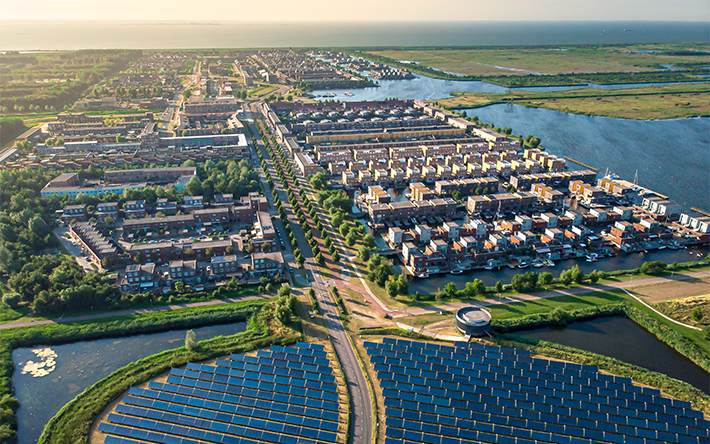
Насърчаване на социалното сближаване и конвергенцията
Насърчаването на социалното сближаване и конвергенцията е една от шестте основни дейности, заложени в работната програма на Европейската фондация за подобряване на условията на живот и труд (Eurofound) за периода 2021—2024 г. Eurofound ще продължи да функционира като център за експертни знания за целите на наблюдението и анализирането на основните тенденции и определящите фактори за постигане на възходящо сближаване на условията на живот и труд и за засилването на икономическото и социалното сближаване в ЕС. Пандемията от COVID-19 представлява безпрецедентно предизвикателство по отношение на икономическата и социалната устойчивост на ЕС, което подчертава нестабилността на вече постигнатия напредък по отношение на моделите на сближаване.
През следващите четири години Eurofound ще предоставя важна информация относно предизвикателствата и перспективите в областта на социалното сближаване и конвергенцията в ЕС, с което ще подпомогне да се гарантира, че икономиките и обществата на държавите от ЕС са устойчиви на бъдещи сътресения. Eurofound ще разшири обхвата на работата си от предишните години в областта на възходящото сближаване, поставяйки специален акцент върху потенциалното увеличаване на новите неравенства между гражданите и начина за справяне с нарасналите предизвикателства по отношение на социалното сближаване, породени от кризата. Агенцията редовно ще докладва тенденциите на възходящо сближаване в социално-икономическото измерение, както и в рамките на измеренията, посочени в Eвропейския стълб на социалните права, на равнището на държавите членки и на регионалните равнища, същевременно сравнявайки ЕС с други развити държави.
При проучването на двигателите и въздействието на икономическото и социалното сближаване, Eurofound ще вземе предвид редица фактори: социалните инвестиции, мобилността и институционалните рамки, правната уредба, социалните системи, институционалното качество, както и обществените услуги , социалния диалог и структурните реформи. Проучването ще разгледа ефективността на действията на ЕС в отговор на пандемията, по отношение на икономическото и социалното сближаване. То също така ще разгледа ситуацията в еврозоната, съсредоточавайки се върху ролята на процесите, свързани с колективните трудови правоотношения, що се отнася до въздействието върху сближаването.
Eurofound ще разгледа тенденциите за и двигателите на социалното сближаване в Европейския съюз, изследвайки, по-конкретно това как пандемията от COVID-19 е задълбочила съществуващите неравенства или е породила нови неравенства, засягайки обществото като цяло или конкретни групи граждани. Анализът ще се съсредоточи върху икономическата и социалната неравнопоставеност, и върху неравнопоставеността по отношение на здравето, както на пазара на труда, така и по отношение на достъпа до и качеството на основни стоки и услуги, като например здравно обслужване , жилищно настаняване, образование и социална закрила . Ще бъде разгледана връзката между неравенствата, доверието в институциите и недоволството. Други области, представляващи интерес, включват миграцията , интеграцията и социалното напрежение.
Резултатите от проучването, които се открояват при изпълнението на тази дейност, ще допринесат за работата на различните служби на Европейската комисия и Комитета по заетостта (EMCO), Комитета за социална закрила (SPC), Икономическия и финансов комитет (EFC), Съвета на Европейския съюз и Европейския парламент, включително във връзка с европейския семестър.

























